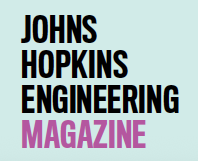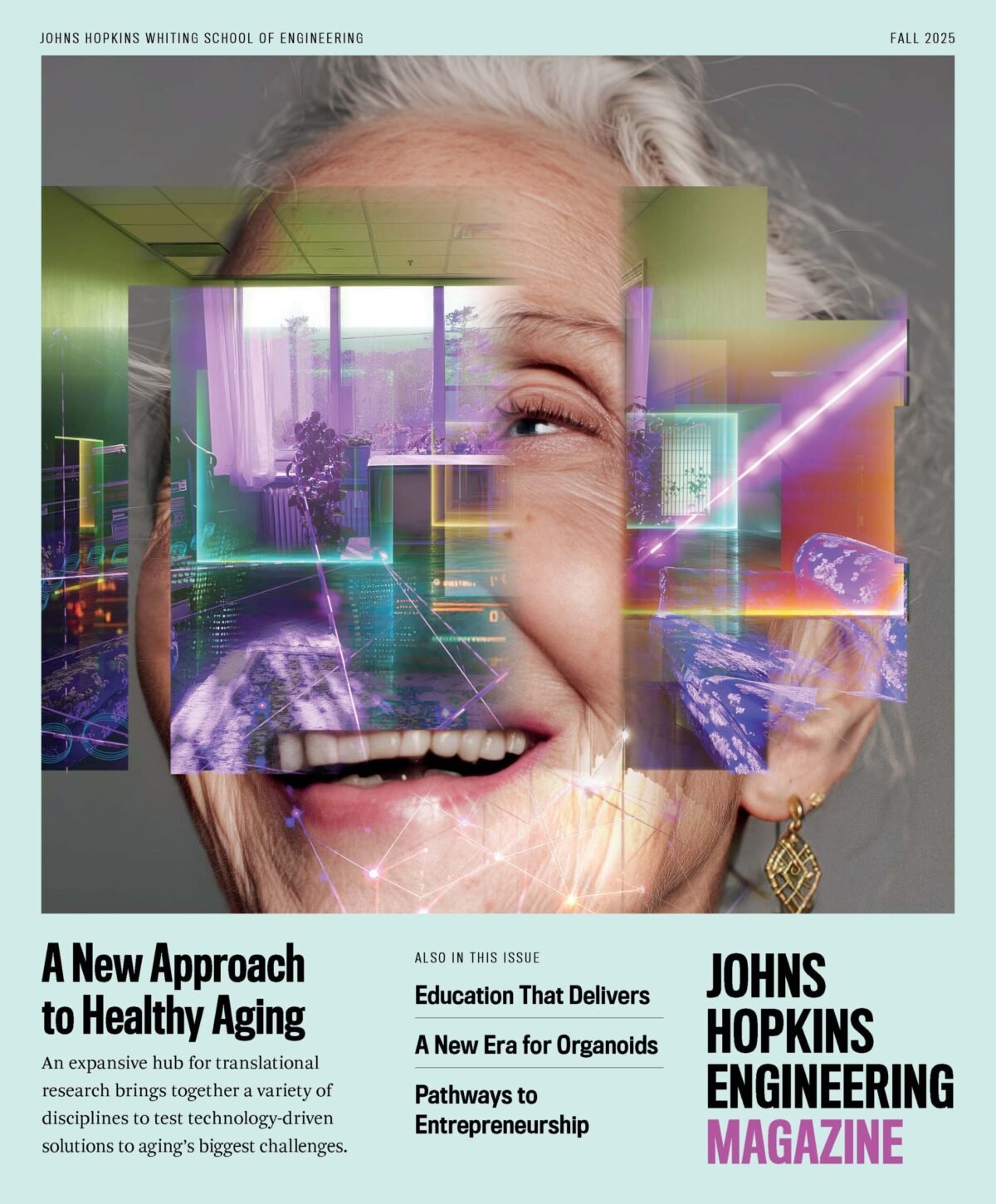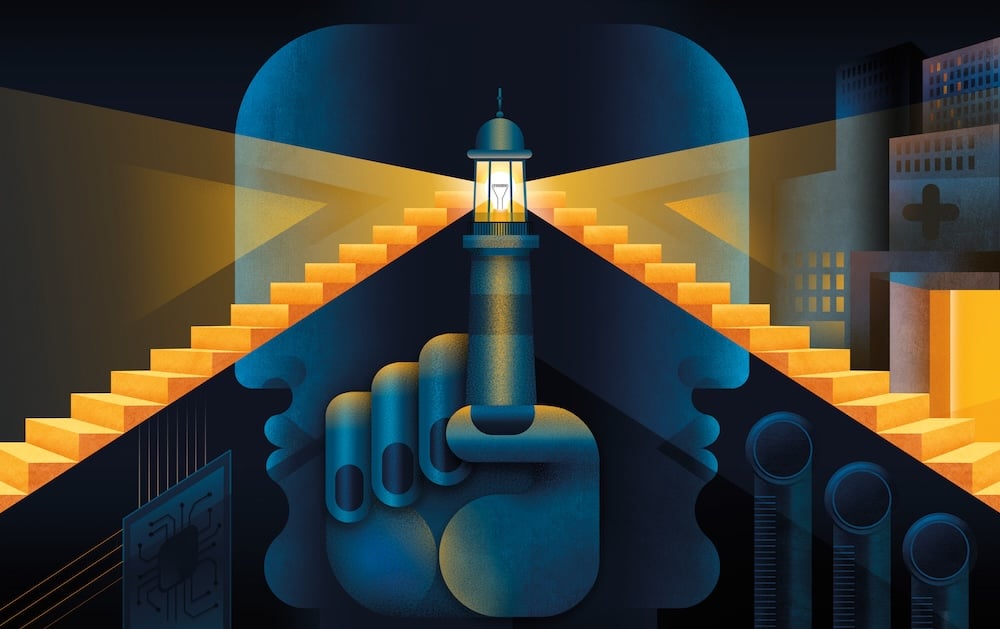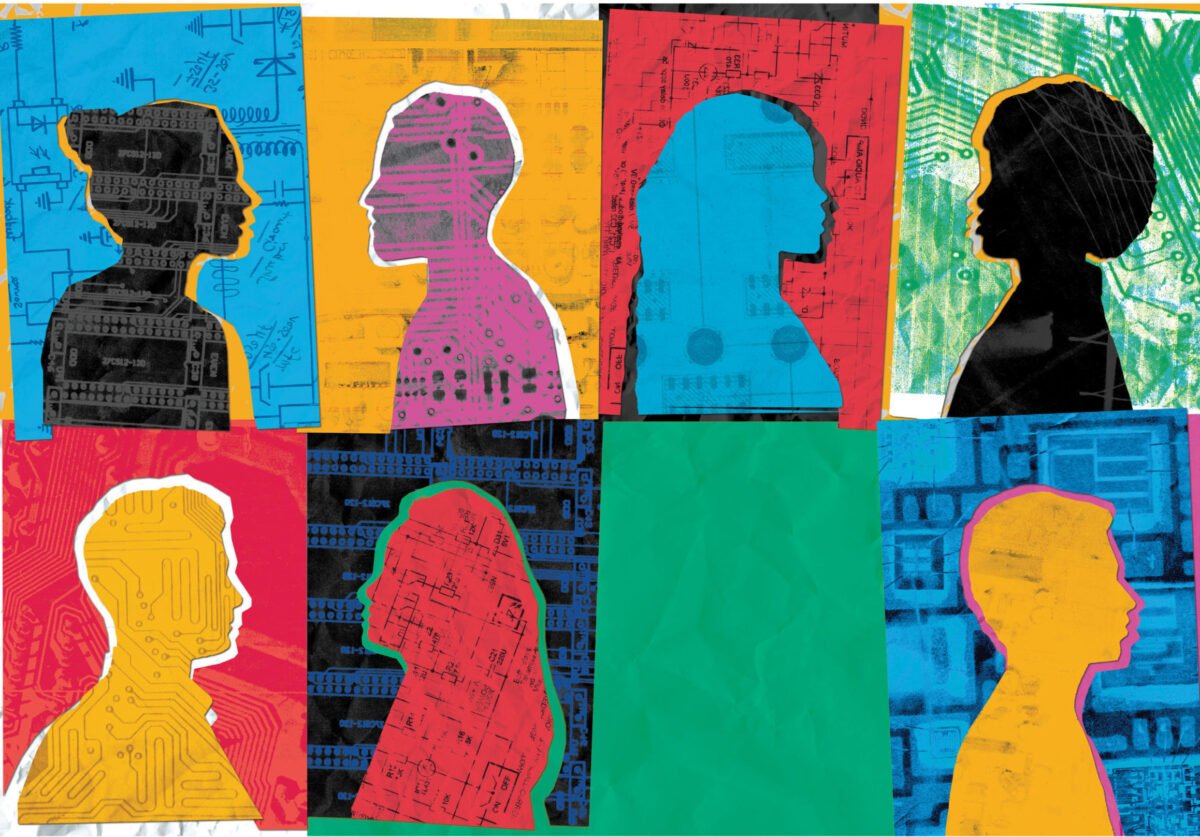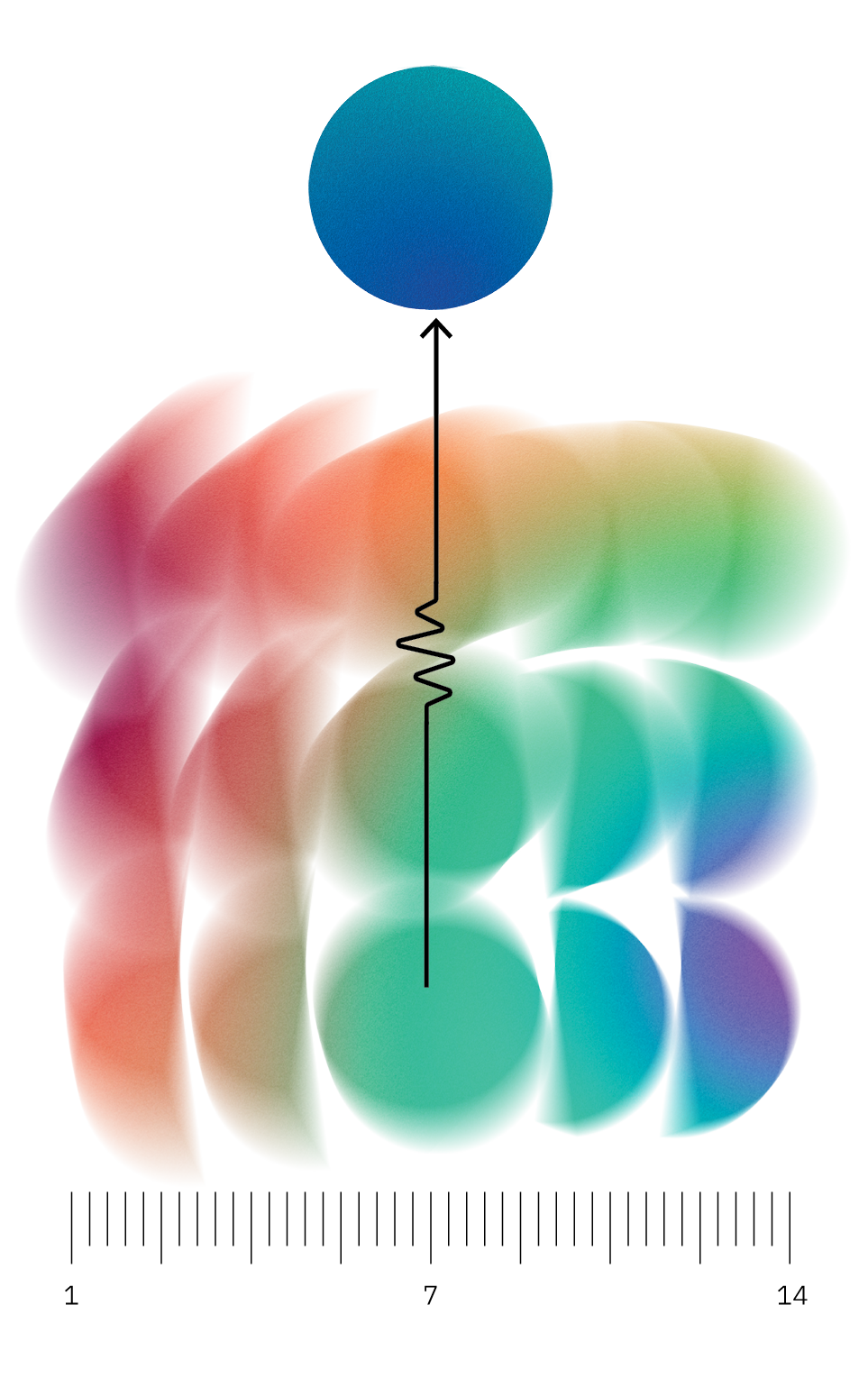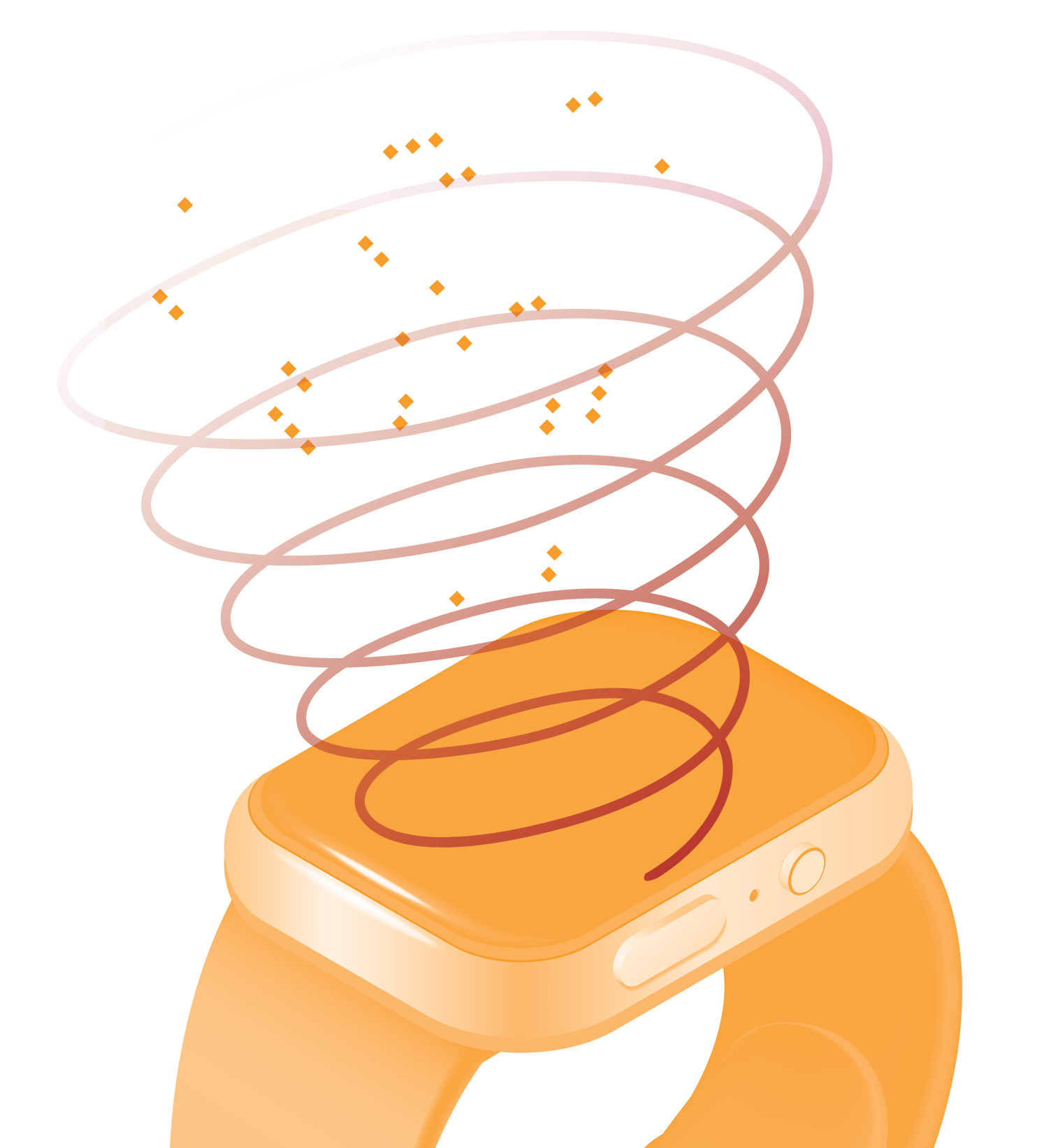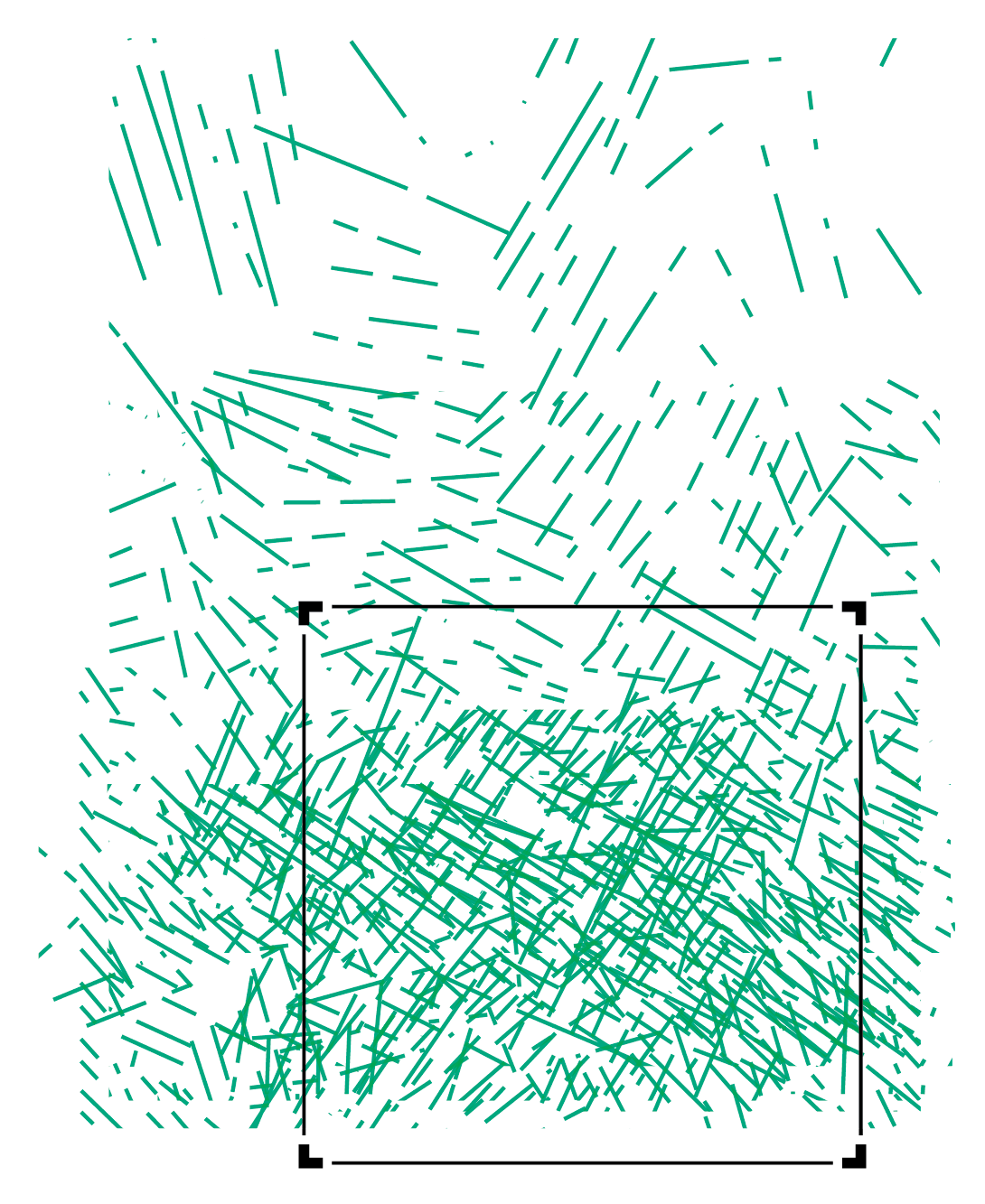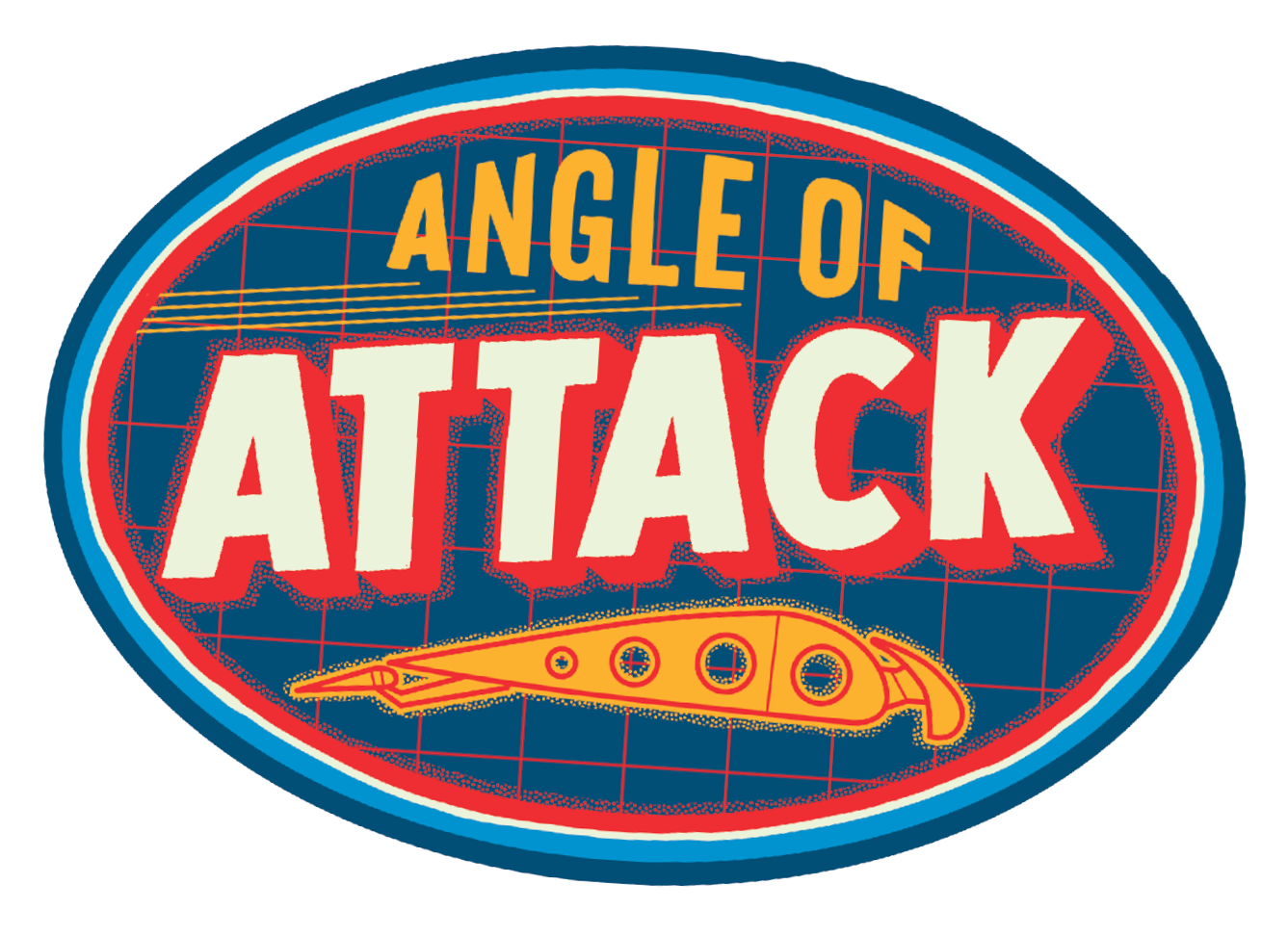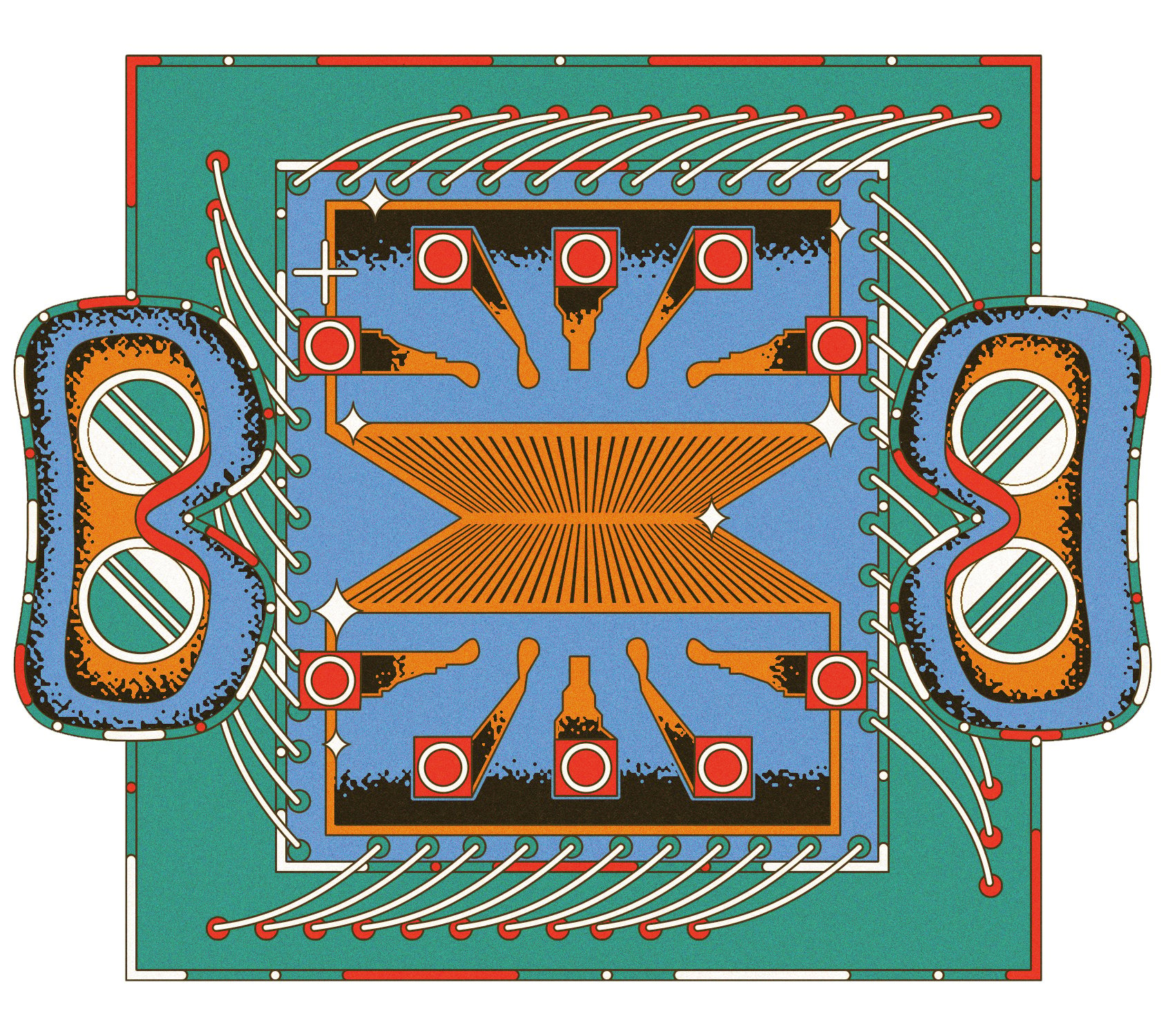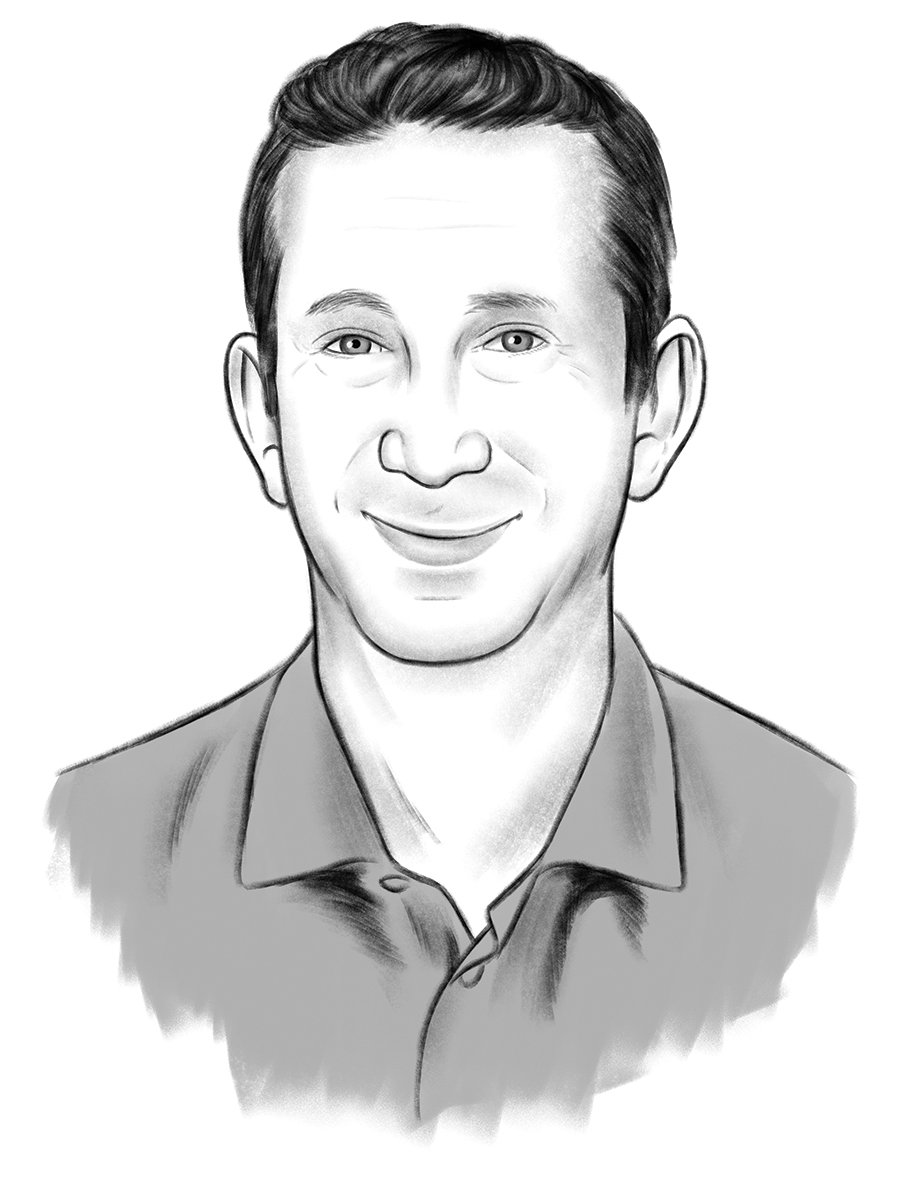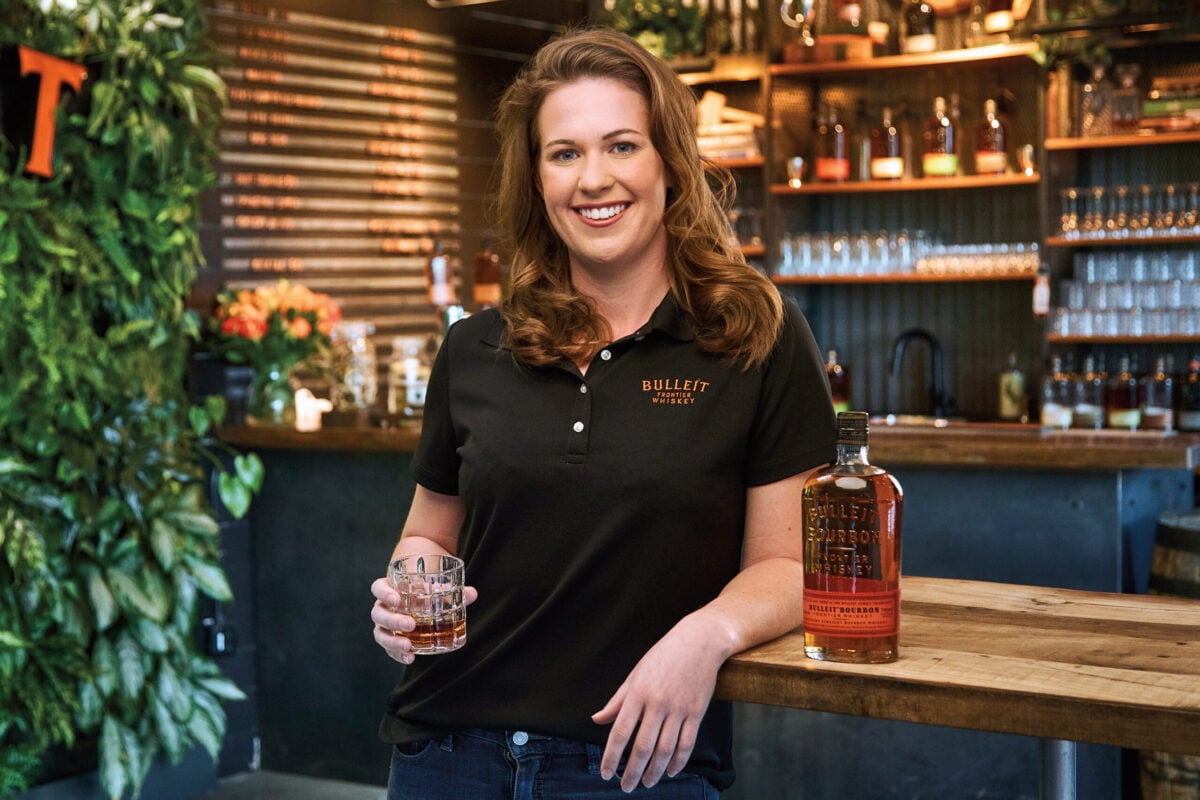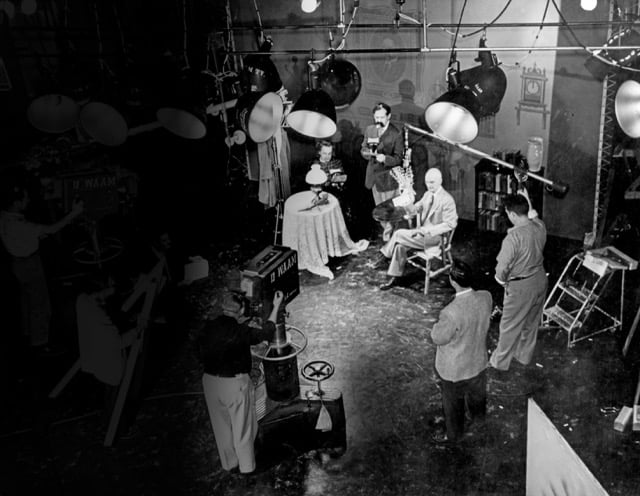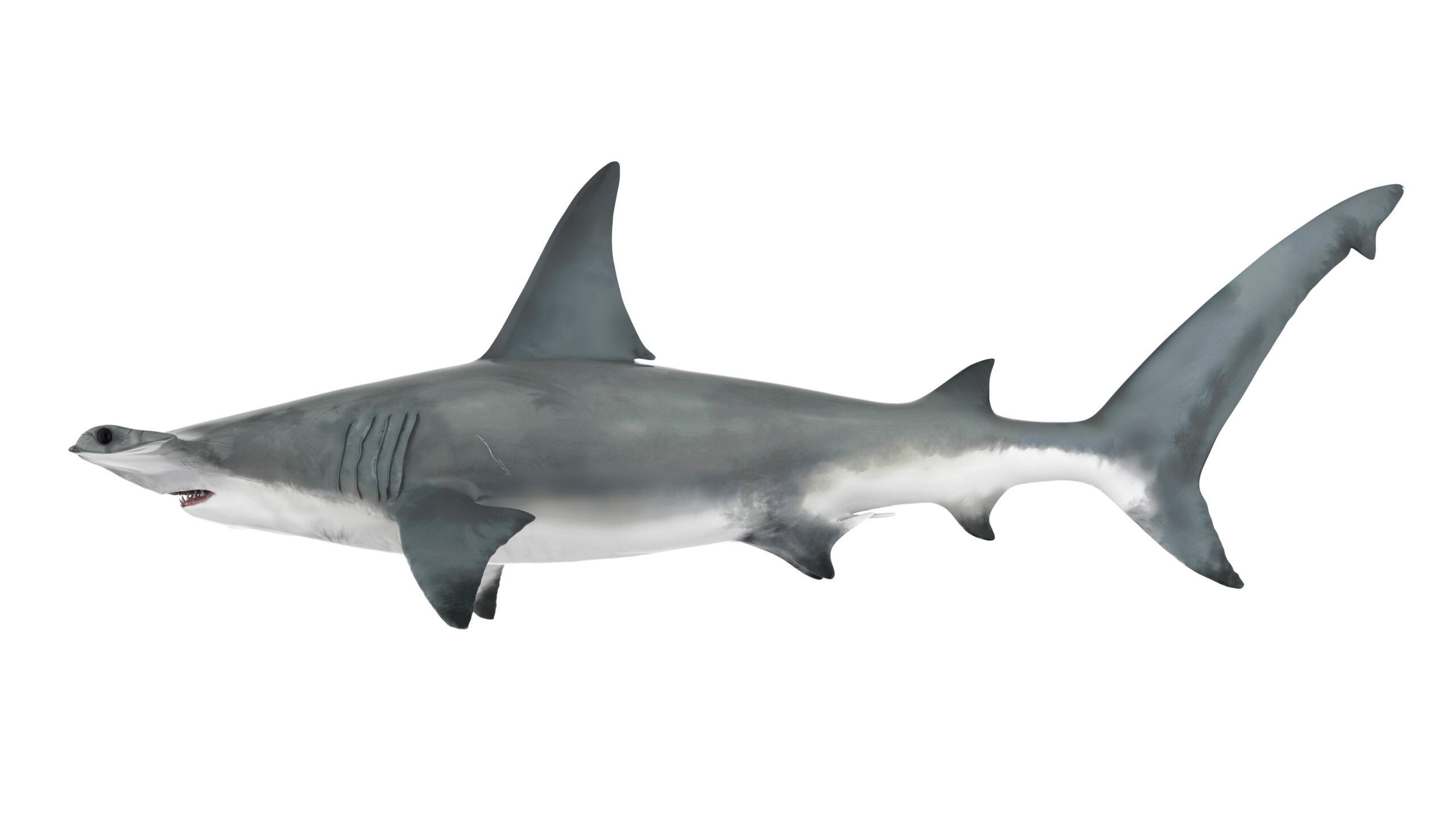A New Approach to Healthy Aging
A New Approach to Healthy Aging
Bringing together a variety of disciplines to test technology-driven solutions to aging’s biggest challenges.
by Sue Depasquale
-
Progress in Action
The Data Science and AI Institute unites experts across disciplines to leverage the opportunities of accessible AI.
by Abby Lattes
-
A New Era for Organoids
By mapping the myriad cells in human organs with 3D precision, Denis Wirtz and his team are growing living human tissues in the lab.
by Andrew Myers
-
Pathways to Entrepreneurship
Faculty turn their discoveries into impactful commercial ventures.
by Adam Hadhazy
-
Education That Delivers
For engineers working in rapidly changing industries, the Engineering for Professionals program offers responsive coursework that keeps them on the cutting edge.
by Richard Byrne
-
How It Works
Removing Carbon from Wastewater
Engineers find new way to reduce levels of CO2 by running treated water through a process that uses an electrical current.
-
Sniffing Out Diabetes—and Air Pollution
A new type of wearable sensor can be used to detect acetone in human breath, a marker for diabetes.
-
Quiz Me
Can AI Outperform Doctors?
An AI model is more accurate than doctors at spotting which patients are most likely to suffer from sudden cardiac death.
-
A Greener Recipe for Ammonia
Two chemical and biomolecular engineers have developed a new catalyst that could improve how ammonia is made.
-
On the Trail of Carbon-Negative Cement
An army of sustainability-minded scientists is currently working on ways to remove the leading greenhouse gas, carbon dioxide, from the air.
-
Course Audit
Taking Flight
The Aerospace Structures course culminates with a multiday, out-of-class design project related to a single aerospace vehicle structure.
-
Change Agents
Microchips, Major Vision
Jacob Heisler is pursuing a master’s degree in electrical engineering with a focus on solid-state devices. At the same time, he is running his own venture: Heisler Semiconductor.
-
Greener Drywall
Taein Lee, Engr ’22 (PhD), is building a more sustainable future.
-
Systems Mindset
Ari Moskowitz, Engr ’94, is transforming care for the most vulnerable.
-
Faster Diagnosis
Justin Ho, Engr ’00, is breaking barriers to autism care.
-
The Perfect Blend
Data is key for distillery manager Courtney King.
150 Years of Innovation
Highlighting Johns Hopkins Engineering’s enduring impact as we celebrate JHU’s sesquicentennial.
Progress in Action
The Data Science and AI Institute unites experts across disciplines to leverage the opportunities of accessible AI.
